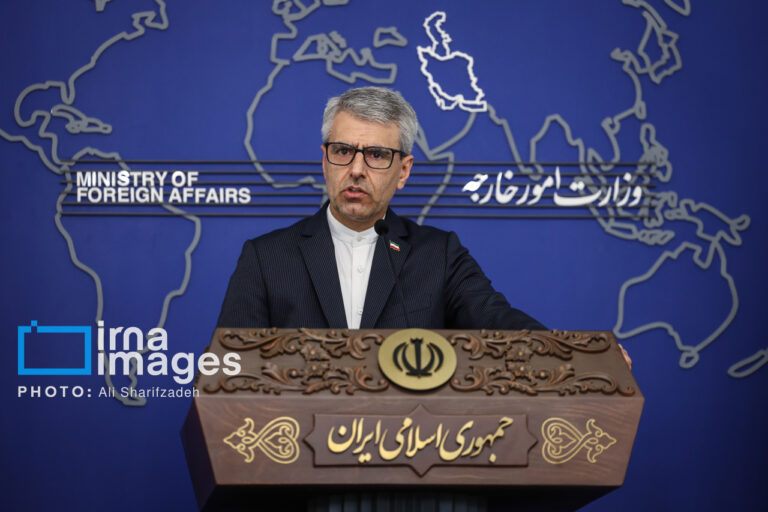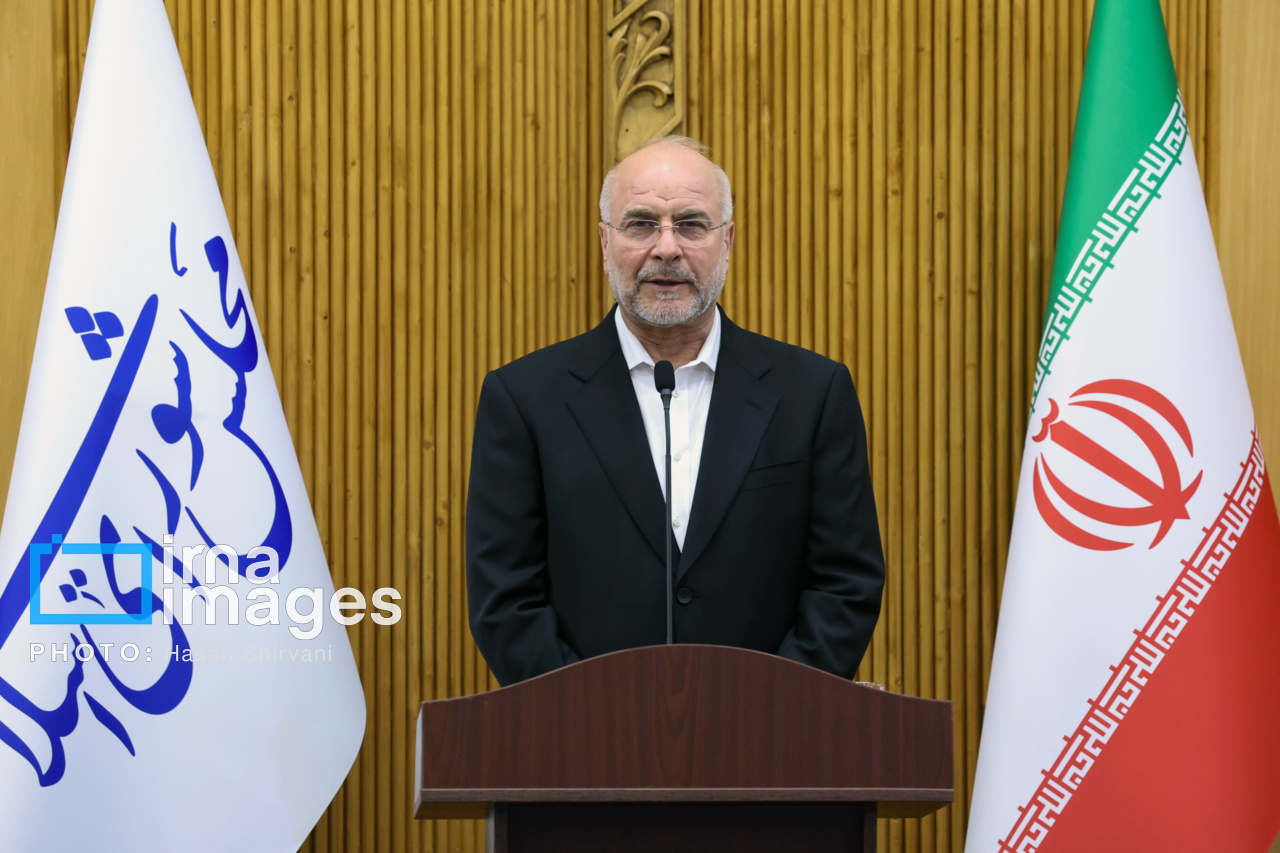
Similar Posts
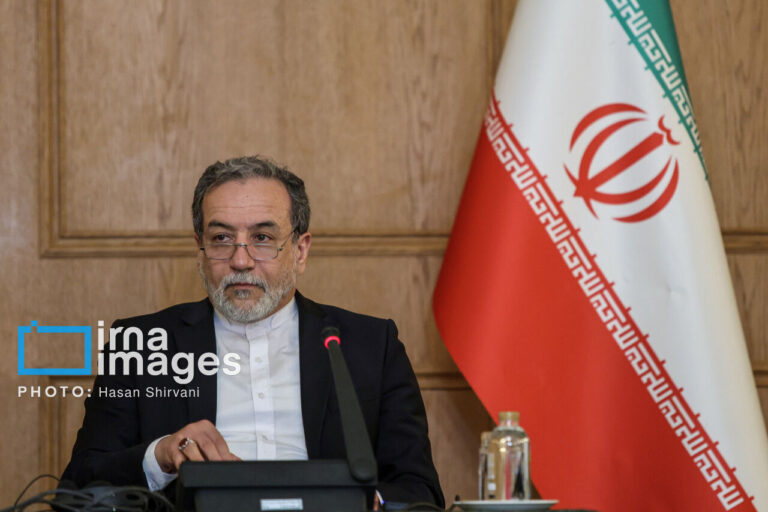
Iran Stands Firm: Araghchi Declares No Negotiations Under Threats
Iranian Foreign Minister Abbas Araghchi stated that the “maximum pressure” strategy and related resolutions have failed against Iran, asserting that Tehran will not negotiate under threats. During a press conference, he outlined key foreign policy principles: no negotiations under pressure, the importance of dignity in diplomacy, and the need for actions rather than words from the U.S. administration. He criticized a recent Presidential Memorandum by President Trump aimed at reinstating pressure on Iran, emphasizing that it highlights the U.S. commitment to this strategy following its withdrawal from the nuclear agreement. Trump’s openness to negotiate a new deal was also noted.
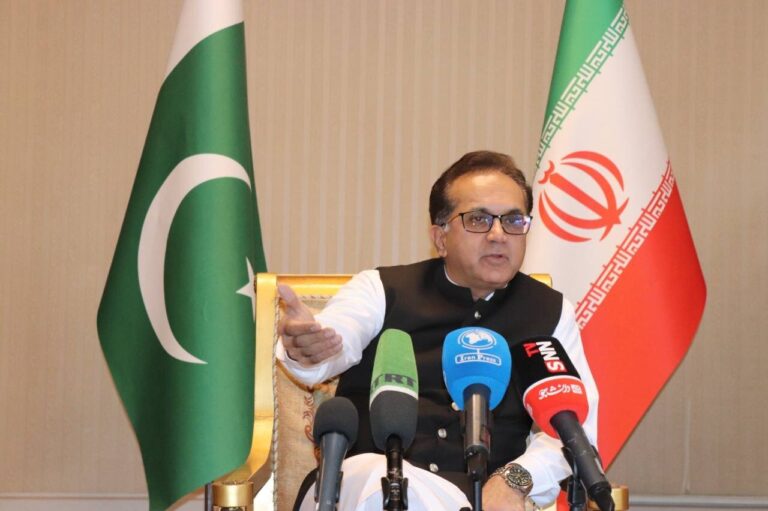
Pakistan’s Stance on Pahalgam Incident: Ambassador Delivers Key Announcement
In a recent press conference, Pakistan expressed deep concerns over escalating tensions following the Pahalgam attack in Indian-occupied Jammu and Kashmir. Pakistan condemned terrorism and empathized with the victims, emphasizing the need for an independent investigation. The country accused India of glorifying terrorism while diverting attention from its actions in Kashmir. Pakistan reaffirmed its commitment to regional peace and warned against unilateral actions regarding the Indus Waters Treaty, viewing them as acts of war. It called for international accountability for India’s history of aggression and urged global leaders to avoid supporting India’s military narrative, stressing the need for dialogue to resolve conflicts.
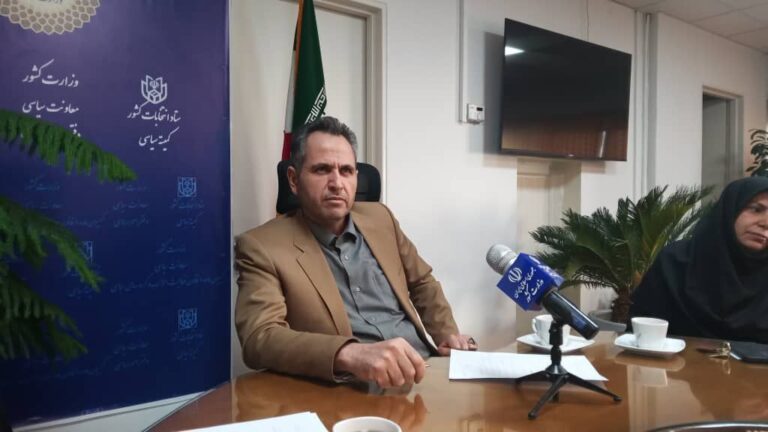
Official Claims Protest Gatherings Against VP Zarif Breached Rules and Regulations
An official from Iran’s Interior Ministry, Abuzar Kowsari, has expressed concerns about legal compliance during recent protests against Vice-President Javad Zarif in Tehran, Mashhad, and Qom. He described the gatherings as unauthorized and reported them to police for monitoring. Kowsari emphasized the importance of adhering to legal protocols for public assemblies, warning that such unauthorized protests could harm both the government and the legal system of the Islamic Republic. His statements reflect the ongoing tension in Iran between public dissent and legal governance, urging citizens to engage in lawful protests.
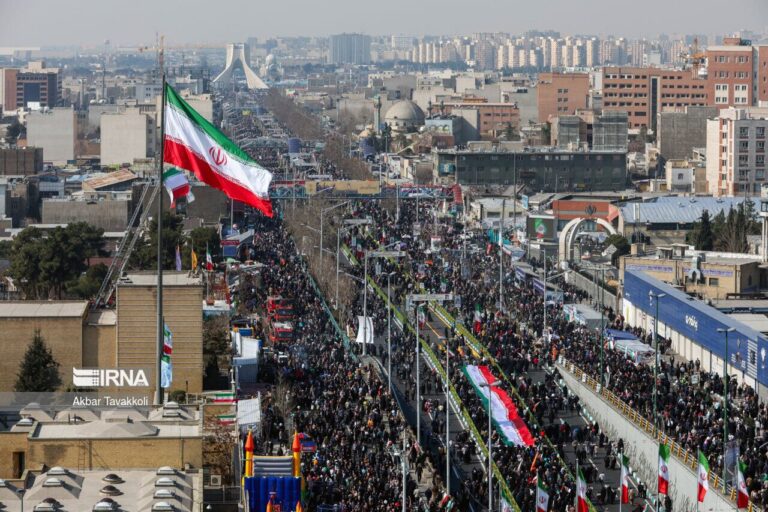
Iranians Mark 46 Years of Islamic Revolution with Vibrant Nationwide Celebrations
Millions in Iran are celebrating the 46th anniversary of the Islamic Revolution, marking the end of the U.S.-backed Pahlavi dynasty and the establishment of the Islamic Republic. Festivities began early Monday in Tehran and across approximately 1,400 cities and towns, with participants chanting slogans and waving national flags in support of Ayatollah Khomeini’s principles. Iranian President Masoud Pezeshkian is set to address the crowd at Tehran’s Azadi Square. The event is garnering significant media attention, with over 200 foreign journalists and 7,000 domestic reporters covering the celebrations, highlighting a strong spirit of unity and pride among the populace.
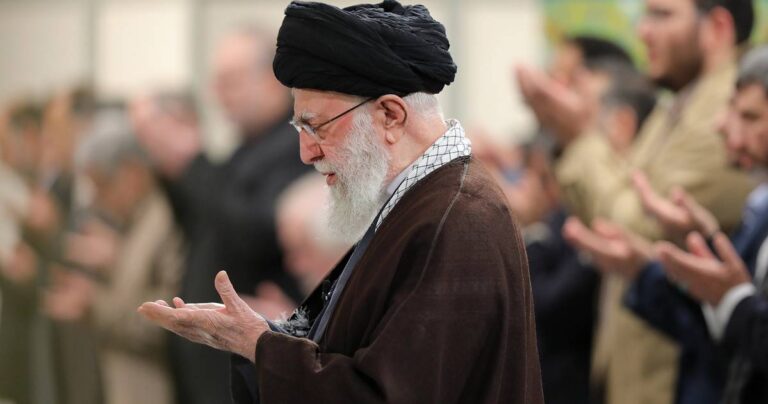
Tehran’s Mega-Crisis: Confronting Seven Major Challenges Ahead
Iran’s clerical government is facing a severe “mega-crisis,” characterized by seven significant domestic and international challenges threatening its stability. Key issues include setbacks for proxy groups like Hamas and Hezbollah, increasing tensions with Israel, and the potential return of a hardline U.S. administration under Donald Trump. Additionally, Europe has adopted a tougher stance against Iran over military support for Russia and nuclear concerns. Domestically, the economy is collapsing, public dissatisfaction is rising, and unrest is brewing. Compounding these crises is the uncertainty surrounding the succession of Supreme Leader Ali Khamenei, further destabilizing the regime.
